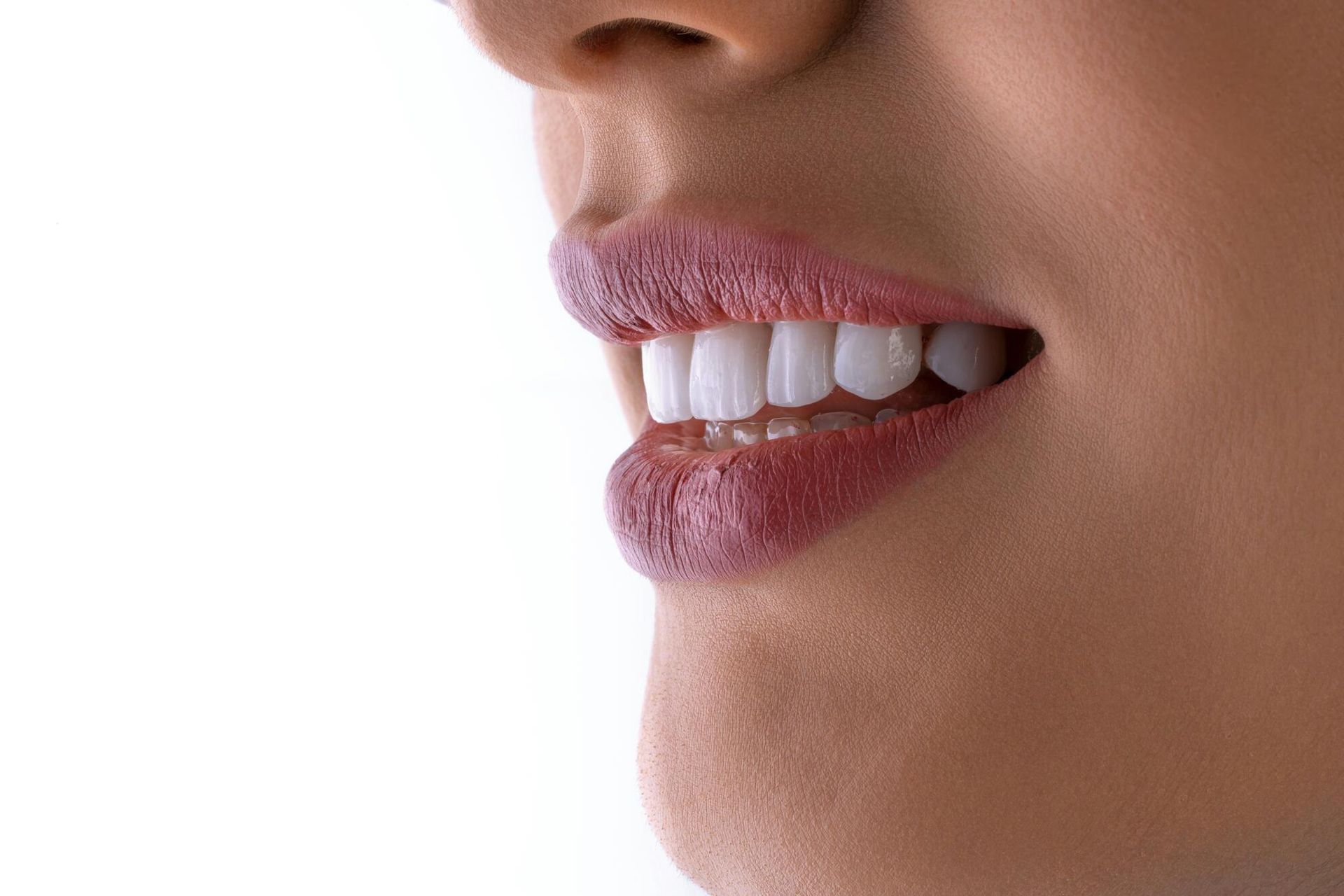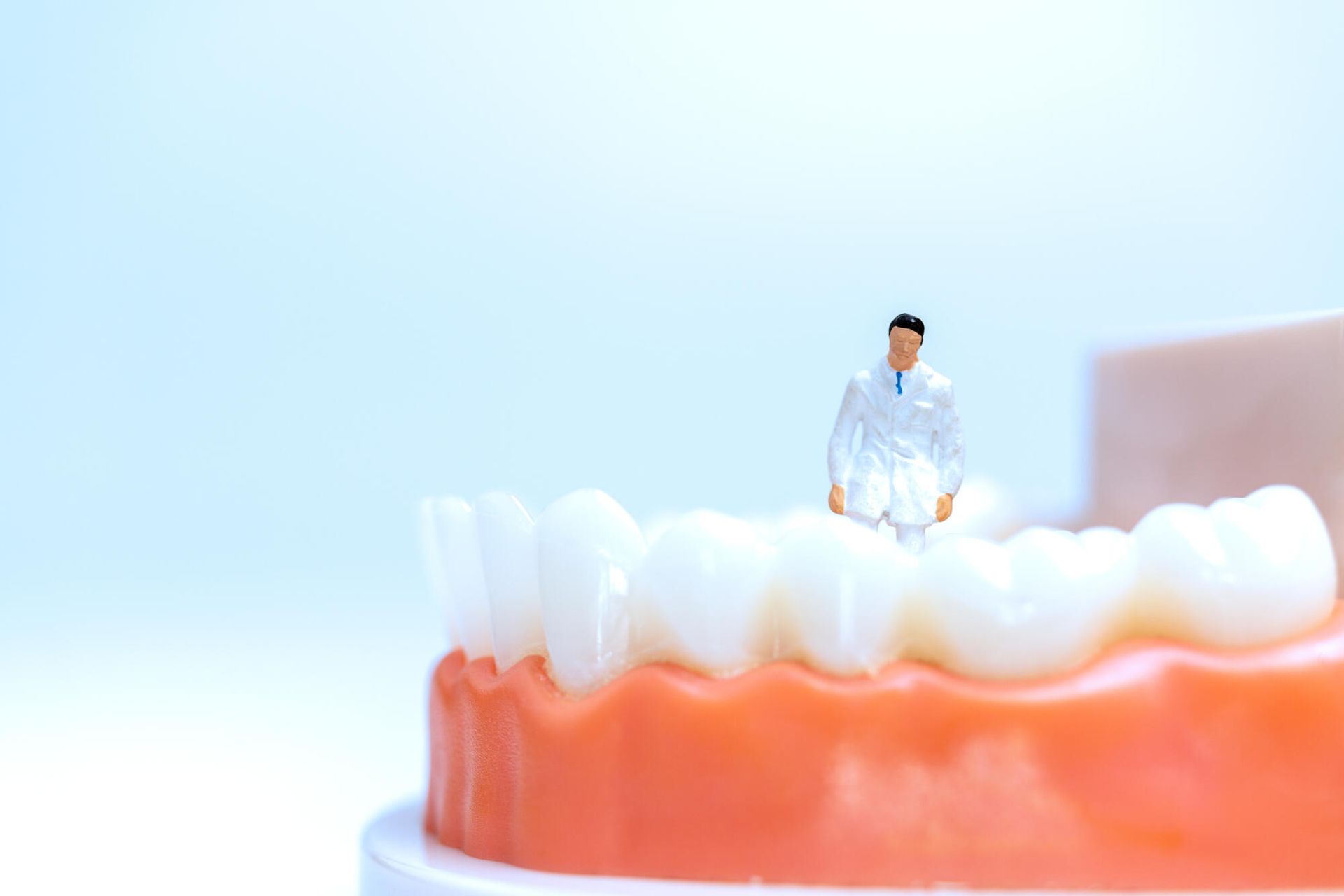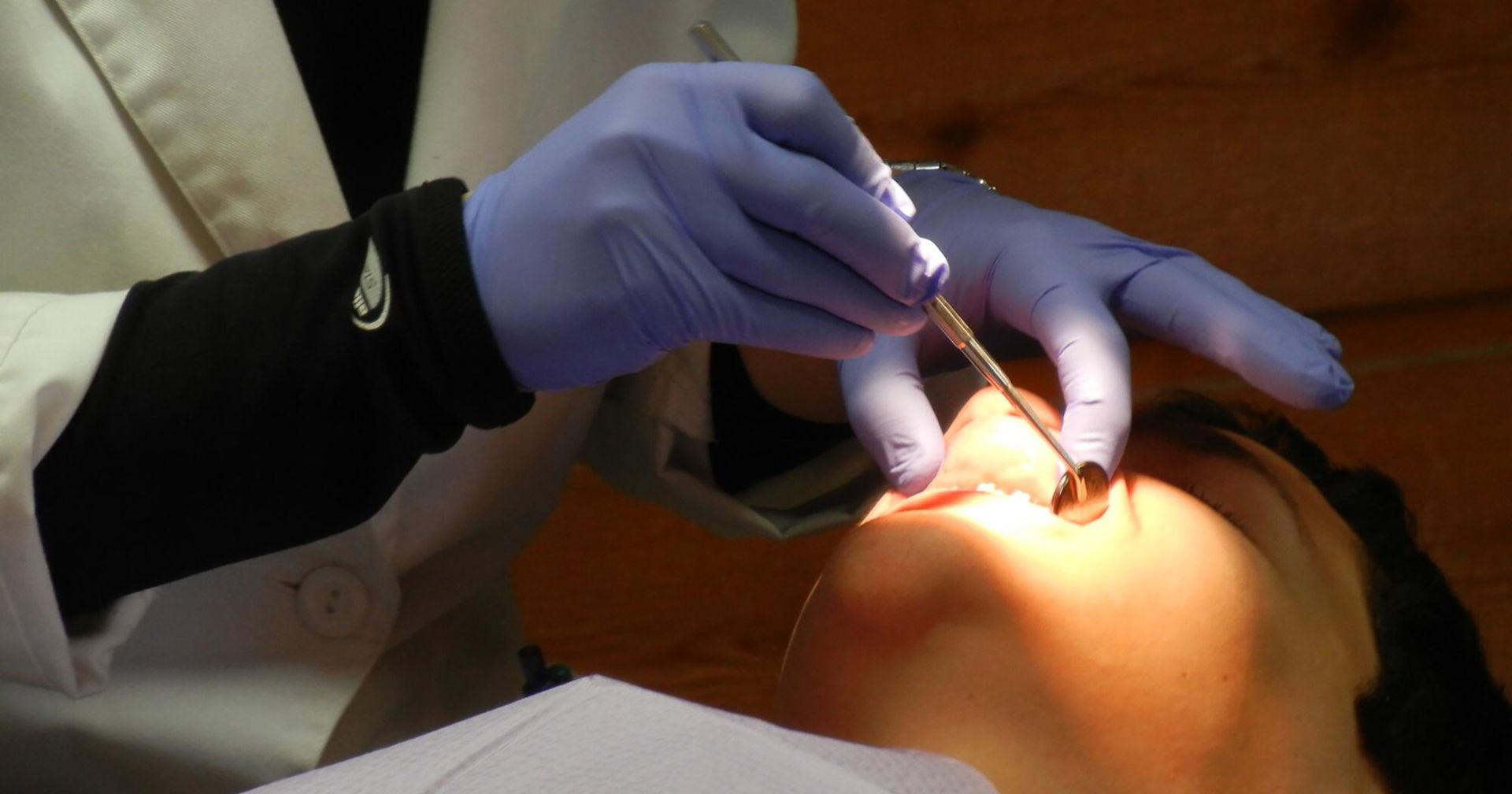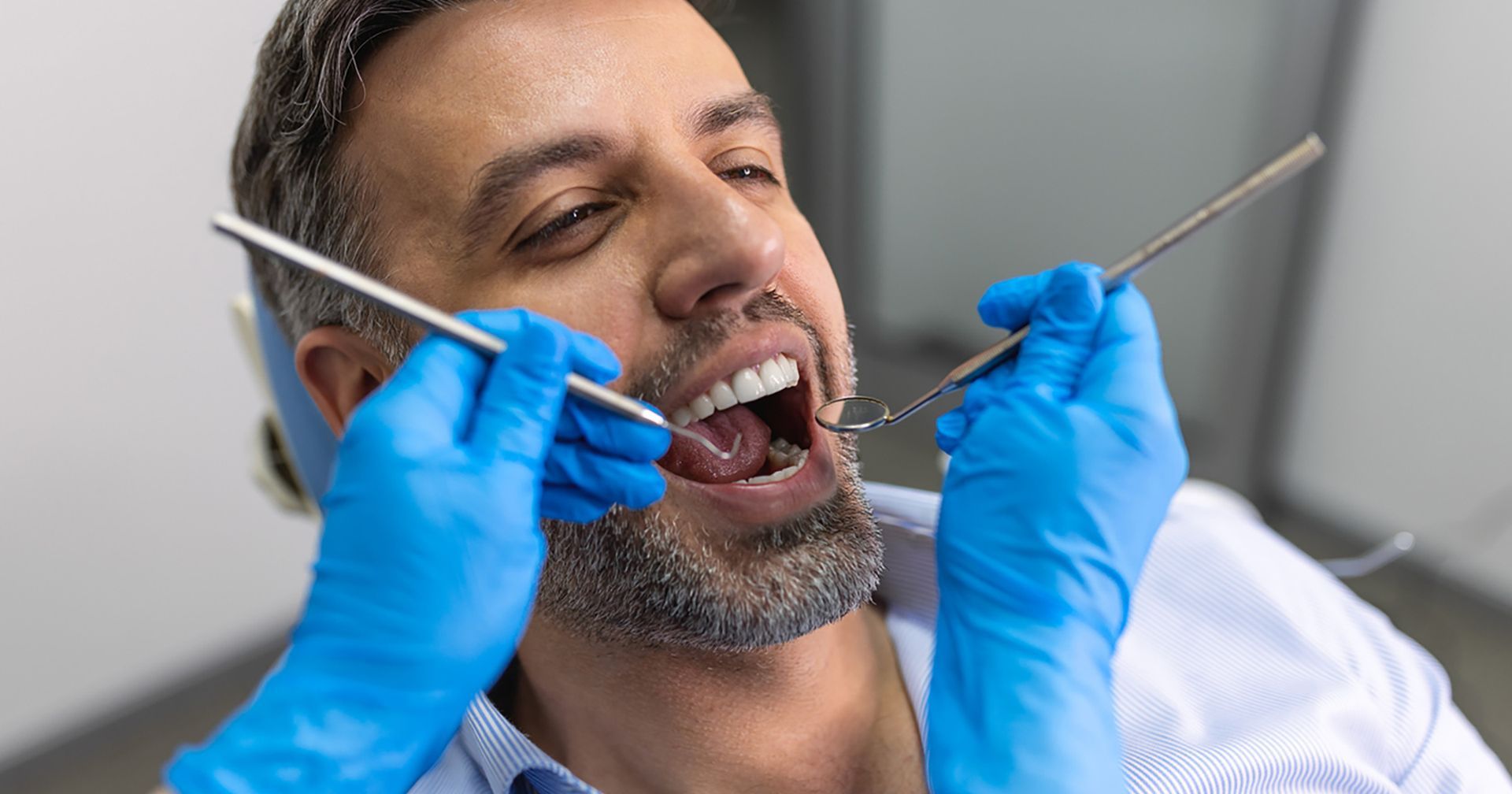Are you thinking of seeing a dentist in Columbia, MD for your teeth sensitivity problems? Here are a few tips to help with your sensitive teeth.
Did you know that 1 out of 8 people in the United States alone have sensitive teeth? This is a large percentage of the population that suffers from a condition that can create frustrations from simple actions such as eating or drinking. If you have sensitive teeth, you know that they can easily become irritating in your daily life.
No one wants to make extra visits to a dentist, Columbia, MD, just because of sensitive teeth. However, is there any treatment for tooth sensitivity? What kind of dental care regimen should you be following to reduce tooth sensitivity?
What causes sensitive teeth in the first place? If you're asking yourself all these questions, you're in the right place to find your answers. Here, you'll learn all about what tooth sensitivity is, tooth sensitivity symptoms, and, most importantly, tooth sensitivity solutions.
By knowing the details of sensitive teeth, you can better treat them so they're not so much of a problem in your daily life. To start off, let's take a closer look at what makes teeth sensitive.
What Are Sensitive Teeth?
Since having sensitive teeth is such a common condition, you likely know someone with sensitive teeth if you don't have them yourself. However, most people don't know what sensitive teeth are exactly.
If you feel discomfort or even pain when eating foods that are hot or cold such as soup or ice cream, you likely have sensitive teeth. Tooth sensitivity can also be known as dentin hypersensitivity. This condition usually has something to do with the health of your teeth.
Depending on the severity of your sensitivity, the pain and discomfort you feel may come and go, or it may be a chronic problem. The symptoms of sensitive teeth can vary from person to person, but the symptoms usually include some level of discomfort when your teeth are exposed to any substance of a different temperature.
This difference in temperature doesn't relate to only food, either. Some people may experience tooth pain when the air is too cold. Tooth pain may also arise with substances that have certain caustic chemicals in them such as mouthwash or fizzy drinks.
As mentioned before, these symptoms may last for some time and then go away for a while before returning again. The symptoms may also vary in intensity. For example, the pain associated with sensitive teeth may be unbearable for a day or two and then fade to a dull discomfort soon after.
You might be wondering what can cause these strange symptoms. We will take a better look at the causes of sensitive teeth next.
What Causes Sensitive Teeth
Tooth sensitivity has everything to do with tooth enamel. Enamel is harder than any other tissue in your body and it acts as a protective shell that covers all of your teeth. You might expect enamel to be white given the usual appearance of teeth, but enamel is actually translucent.
If this enamel is damaged or worn down, you can start to experience tooth problems such as sensitive teeth. However, what can damage or wear down such a sturdy material?
It happens that some people, usually due to genetics, have thinner enamel than others. This makes them more likely to develop tooth sensitivity. This, however, doesn't mean that everyone with thinner enamel will end up with sensitive teeth, especially not if they take good care of their teeth.
Enamel can be damaged in various ways such as brushing your teeth too roughly. While brushing your teeth and having regular dental checkups is great for keeping your enamel clean, brushing too hard can wear down the enamel over time. This is especially true if the bristles on your toothbrush are hard.
If you grind your teeth, this can also contribute to the development of sensitive teeth. This is because of the way teeth grinding can wear down the enamel layers of your teeth.
Acidic foods and drinks such as orange juice can damage your enamel as well. This is because of how acidic foods slowly eat away at your enamel, especially if you don't practice good dental hygiene. Speaking of acid, certain medical conditions such as GERD (gastroesophageal reflux disease) may contribute to enamel decay because of the way stomach acid can make its way up into the mouth with this condition.
How Are Sensitive Teeth Treated?
There are many ways to treat sensitive teeth depending on the severity of the sensitivity. A good place to start is buying toothpaste specially made for sensitive teeth. This kind of toothpaste is beneficial because it is free of ingredients that could further irritate your sensitive teeth.
In fact, some kinds of toothpaste may have ingredients that can help reduce the discomfort associated with sensitive teeth. On the subject of dental hygiene, it is important to use the right toothbrush and mouthwash as well. Avoid mouthwashes that contain alcohol and try to use softer toothbrushes.
Be patient when altering your dental care regimen because it may take several weeks before you start to notice any results. With time, you should notice that any pain and discomfort associated with your sensitive teeth will lessen. If no changes occur, consult with your dentist.
Your dentist should be able to give you certain gels which will lessen your tooth pain. Usually, these gels can also help strengthen your enamel. It is also important to remember to treat any conditions that you have that may irritate sensitive teeth such as GERD or tooth decay.
Finding a Dentist, Columbia, MD, for Sensitive Teeth
You now know all about what sensitive teeth are, what causes them, and how you can treat them. If home treatments don't work, don't hesitate to contact a dentist, Columbia, MD, for more treatment options.
To learn more, explore more of
our website.




















